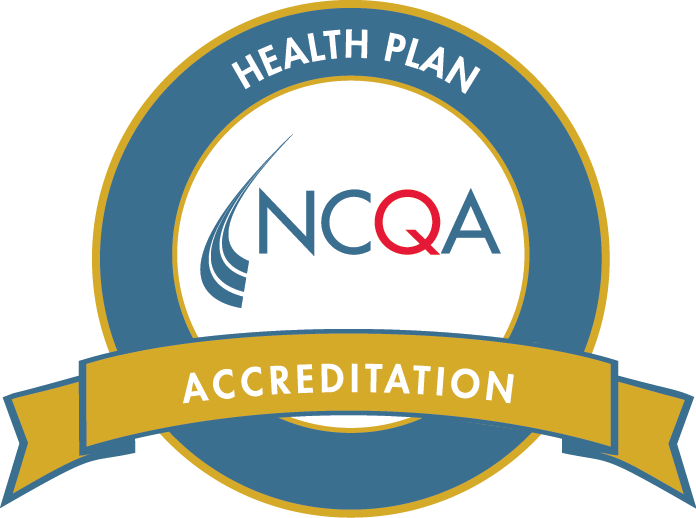In today’s rapidly evolving healthcare landscape, ensuring quality and accountability is paramount. The National Committee for Quality Assurance (NCQA) has emerged as a key player in promoting excellence in healthcare delivery, offering certification programs and standards that drive improvements across the industry. With its comprehensive approach, NCQA has become synonymous with setting benchmarks for quality and providing valuable tools for organizations to enhance patient care. Whether you are a healthcare provider, an insurer, or a patient, understanding NCQA’s role can provide insights into the measures that ensure you receive high-quality care.
Founded to address the critical need for standardization in healthcare, NCQA has grown into one of the most trusted and respected organizations in the field. Its programs, such as accreditation, certification, and performance measurement, empower healthcare organizations to adopt best practices and deliver superior outcomes. Moreover, NCQA’s emphasis on continuous quality improvement aligns with the overarching goal of making healthcare more transparent, efficient, and patient-focused.
This article delves deep into the world of NCQA, covering everything from its history and mission to the specifics of its accreditation and certification programs. Whether you’re a professional looking to understand how NCQA impacts your organization or a curious individual seeking clarity on healthcare quality standards, this guide will provide a comprehensive overview. Let’s explore the various facets of NCQA and its vital contribution to a more effective healthcare system.
Table of Contents
- What is NCQA?
- History and Mission of NCQA
- NCQA Accreditation Programs
- Certification vs. Accreditation: Understanding the Difference
- Key Benefits of NCQA Certification
- How to Obtain NCQA Certification
- NCQA and Patient-Centered Medical Homes (PCMH)
- NCQA Health Plan Accreditation
- Measuring Healthcare Performance with HEDIS
- Impact of NCQA on Patient Care
- Cost and Time Considerations for NCQA Certification
- NCQA and Digital Healthcare
- Common Challenges in NCQA Certification
- Future Trends and Developments in NCQA
- Frequently Asked Questions
- Conclusion
What is NCQA?
The National Committee for Quality Assurance, commonly known as NCQA, is a non-profit organization that plays a pivotal role in the healthcare sector by setting quality standards and accrediting healthcare organizations. Established in 1990, NCQA focuses on improving healthcare delivery through rigorous evaluation and continuous improvement. Its standards are widely recognized as benchmarks for quality, and its programs are adopted by organizations across the United States to ensure patient-centered care.
NCQA’s primary mission is to improve the quality of healthcare by providing a framework for organizations to assess and enhance their performance. Its programs span various aspects of healthcare, including health plan accreditation, patient-centered medical homes (PCMH), and performance measurement through tools like the Healthcare Effectiveness Data and Information Set (HEDIS). By promoting transparency and accountability, NCQA empowers patients, providers, and payers to make informed decisions about healthcare.
At its core, NCQA is dedicated to bridging the gap between policy and practice. It collaborates with stakeholders across the healthcare ecosystem to develop standards that align with industry best practices. This collaborative approach ensures that NCQA’s programs are not only robust but also relevant to the evolving needs of the healthcare sector. In the following sections, we will explore the history, mission, and various programs of NCQA in greater detail.
History and Mission of NCQA
...
Article Recommendations
- Marin Art And Garden Center A Cultural Haven For Art Nature And Community
- Lisa Mcgrillis A Deep Dive Into The Life And Career Of The Talented Actress
- P Diddy Leaked Video What You Should Know About The Trending Controversy

